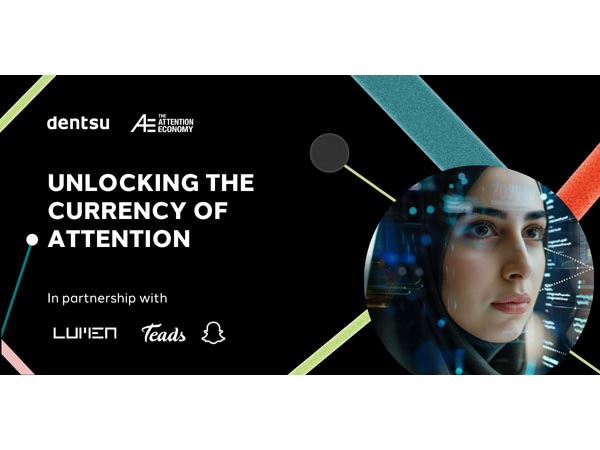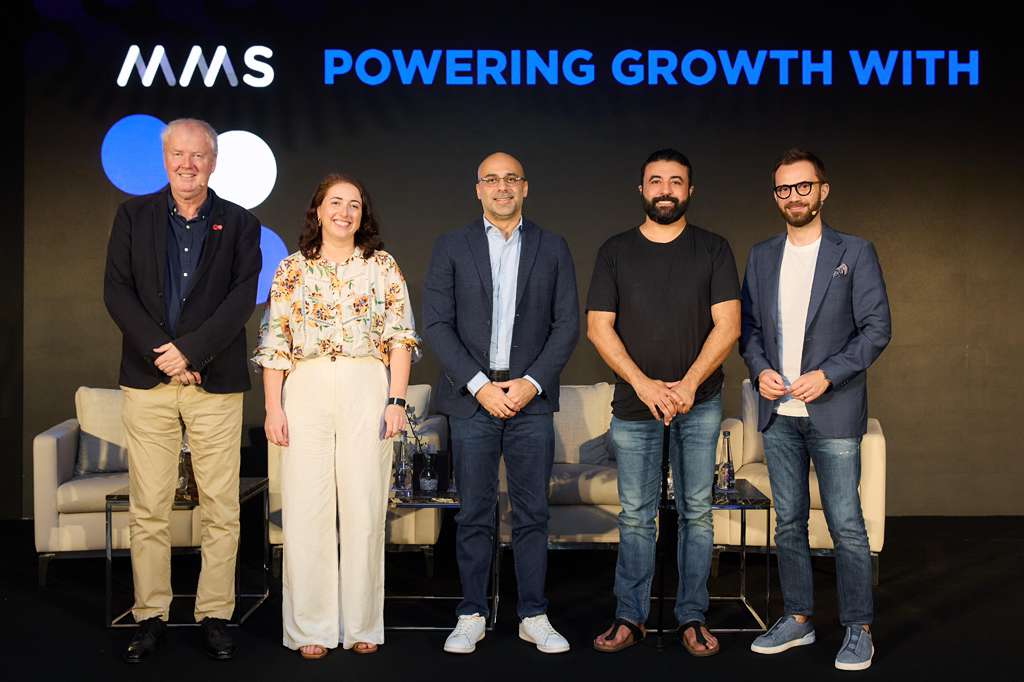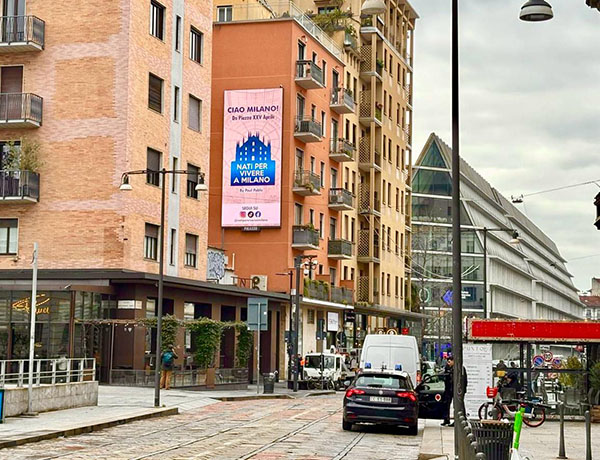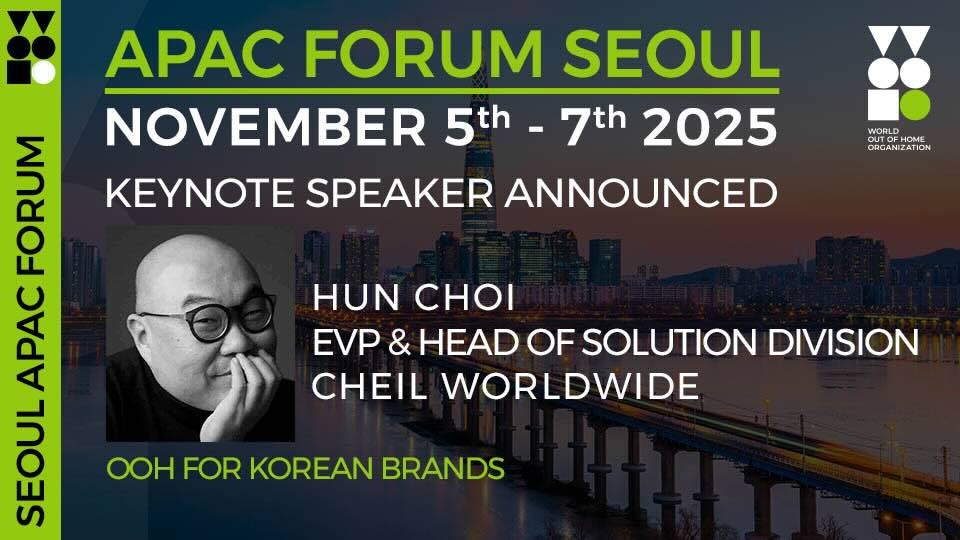News - News In Brief
Dentsu’s new research on understanding attention and building new norms and metrics
by ArabAd's staff
October 9, 2024
.jpg) Advertisement
AdvertisementDentsu MENA announced the release of a recent research measuring attention across five social, video and contextual platforms in Arabic for the first time.
The 'Unlocking the Currency of Attention KSA’ study, conducted in partnership with Lumen Research, Teads and Snapchat, aims to help advertisers move from views to attention and from impressions to impact.
This comprehensive study is also designed to bridge the gap between traditional measurement metrics and actual human behavior, offering vital insights into how attention shapes advertising effectiveness.
Conducted with advertisers across diverse verticals including FMCG, E-Commerce, Auto and Financial Services, the study represents a monumental step towards more tailored, effective planning in the region.
The research reveals several insights that challenge conventional wisdom about advertising measurement metrics:
- Viewable Does Not Equal Viewed: The study emphasizes that an ad being "viewable" does not guarantee it has been "viewed." The research found that viewability rates in the MENA region are approximately 5% lower than global norms, with some platforms showing significant discrepancies between viewable and actual viewing rates.
- Longer Viewable Times Enhance Ad Viewing: The data revealed that longer viewable times correlate with increased ad viewing. However, this relationship is not uniform across all platforms. For example, even though one platform had an average viewable time of 15.1 seconds, ads were only viewed for approximately 33% of that time (5.3 seconds).
- Initial Exposure Matters: Attention levels are notably higher before the skippable option is available, suggesting that advertisers should focus on capturing consumer attention during the initial moments of ad exposure. This insight indicates that the first few seconds of an ad are crucial for engagement.
- Attention Over Viewability: The research shows that attention measurement has 1.4 times greater explanatory power over brand recall than traditional viewability metrics. This underscores the need for advertisers to plan campaigns that prioritize user engagement rather than just viewability.
- Creative Elements Matter: Attention levels varied significantly between the brands studied, indicating that ad creative — such as visual appeal and emotional connection —play a critical role in capturing viewer attention.
- Effective Brand Cues: Ads that delayed brand presentation required longer viewing times to achieve similar recall compared to those that introduced brand cues early. Ads that introduced brand cues early were more effective in building recall.
On the launch of the report, Saadeddine Nahas, Head of Product & Partnerships, dentsu MENA said: “This research will allow us to start planning against local rather than global benchmarks to deliver on what truly matters: capturing and holding attention. By prioritizing attention-based metrics and committing to quality over quantity, we can transform how brands connect with audiences and open new pathways for growth for our clients.”
Mike Follett, CEO of Lumen Research, stated: “Since 2018, dentsu has been a leading partner of Lumen Research and together we’ve chartered new territory in understanding attention and building new norms and metrics in the space. The data from this study - the largest cross platform Arabic research study of its kind – has revealed some unique media consumption habits and cultural nuances in the Arab world that impact attention patterns. We will be working with dentsu to apply these variances to allow the agency to deliver more tailored, effective planning for its clients in region.”
Ramzy Abouchacra, Media Practice President, dentsu MENA added: “MENA is an emerging market primed for innovation, and the shift to attention metrics presents a golden opportunity. Instead of just counting how many times your ad was served, imagine measuring how many actually focused on it and for how long using attention as a currency. This is the next frontier, and it’s not just a change; it’s a revolution in how we define success for both our media brands and the clients we serve.”



.jpg)










